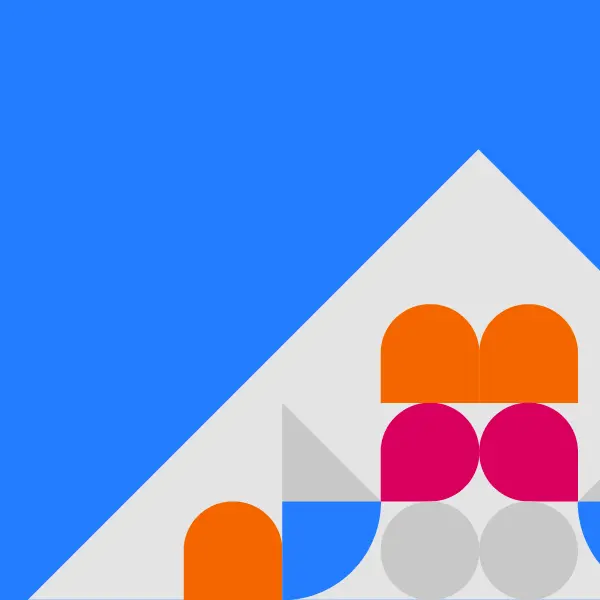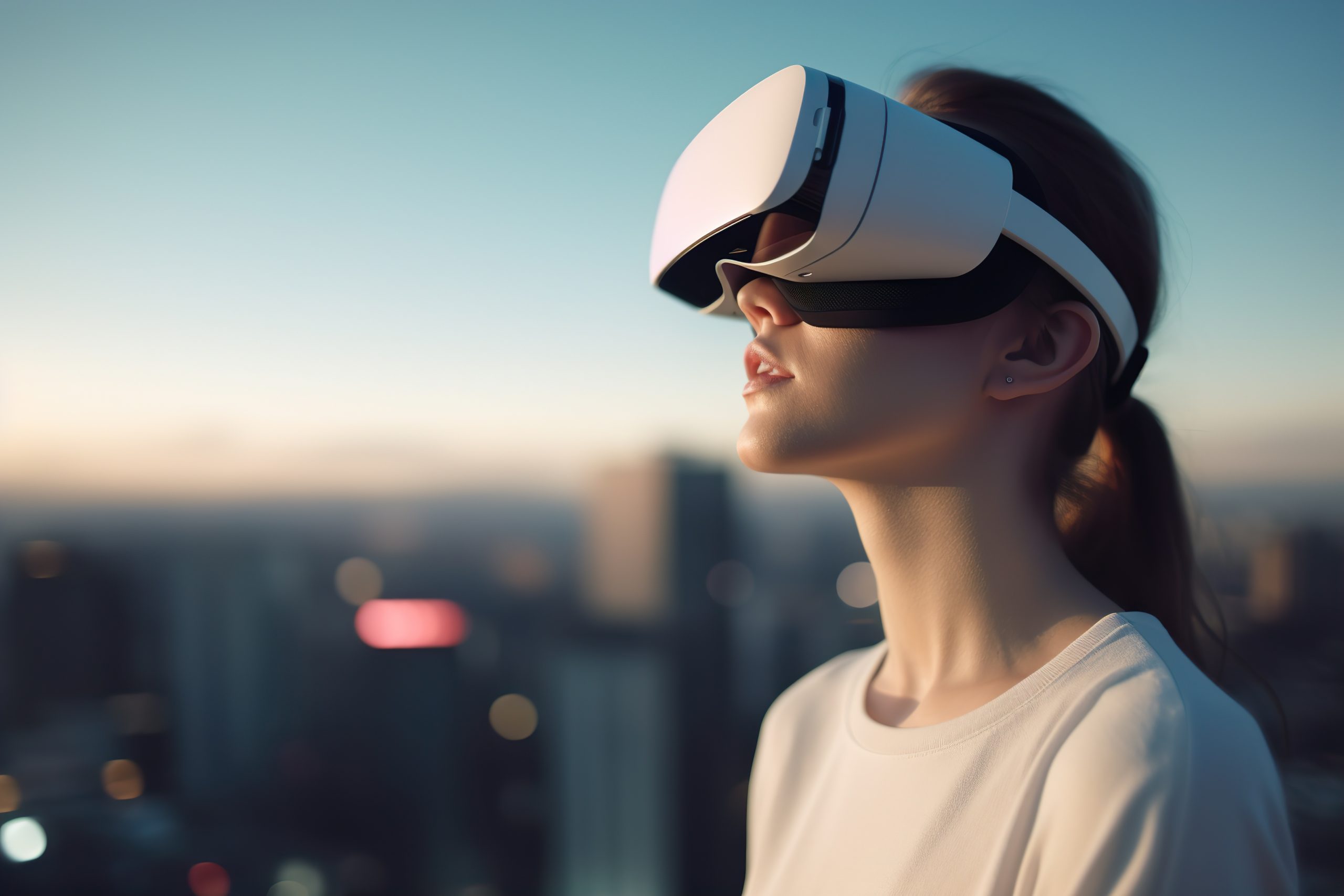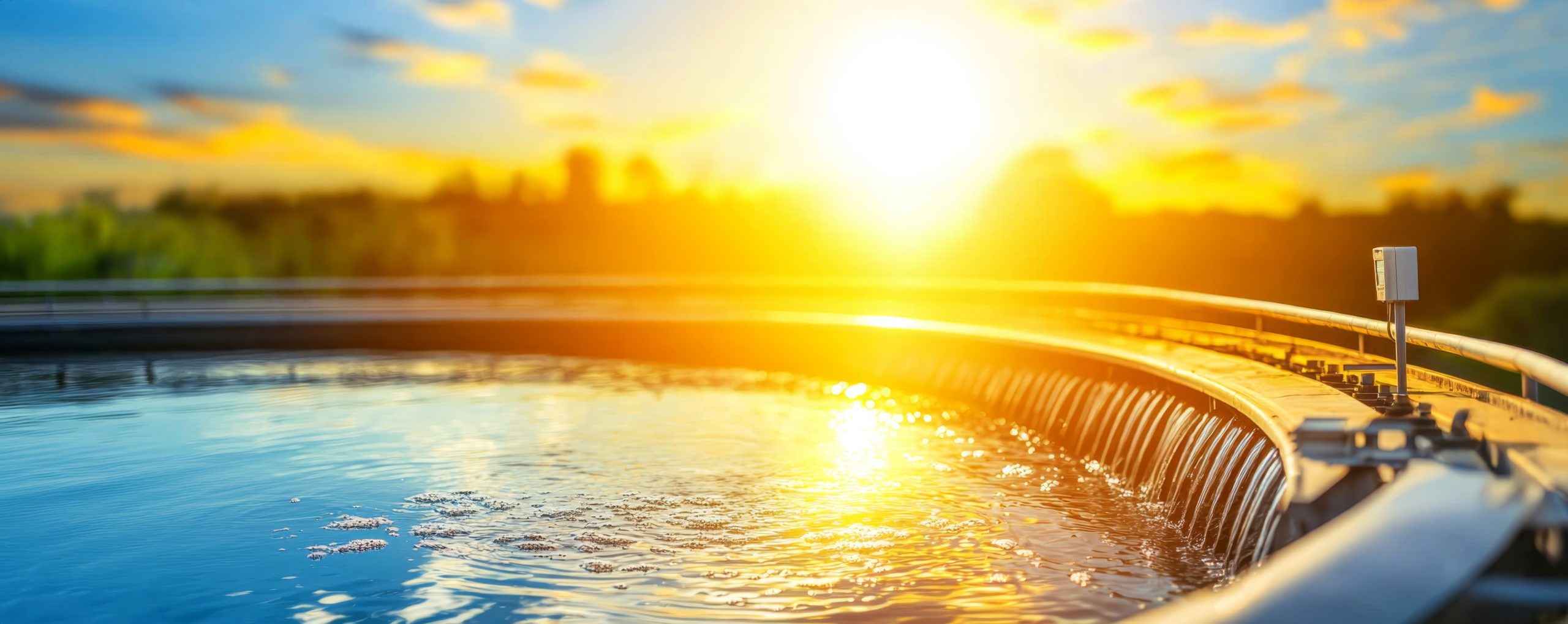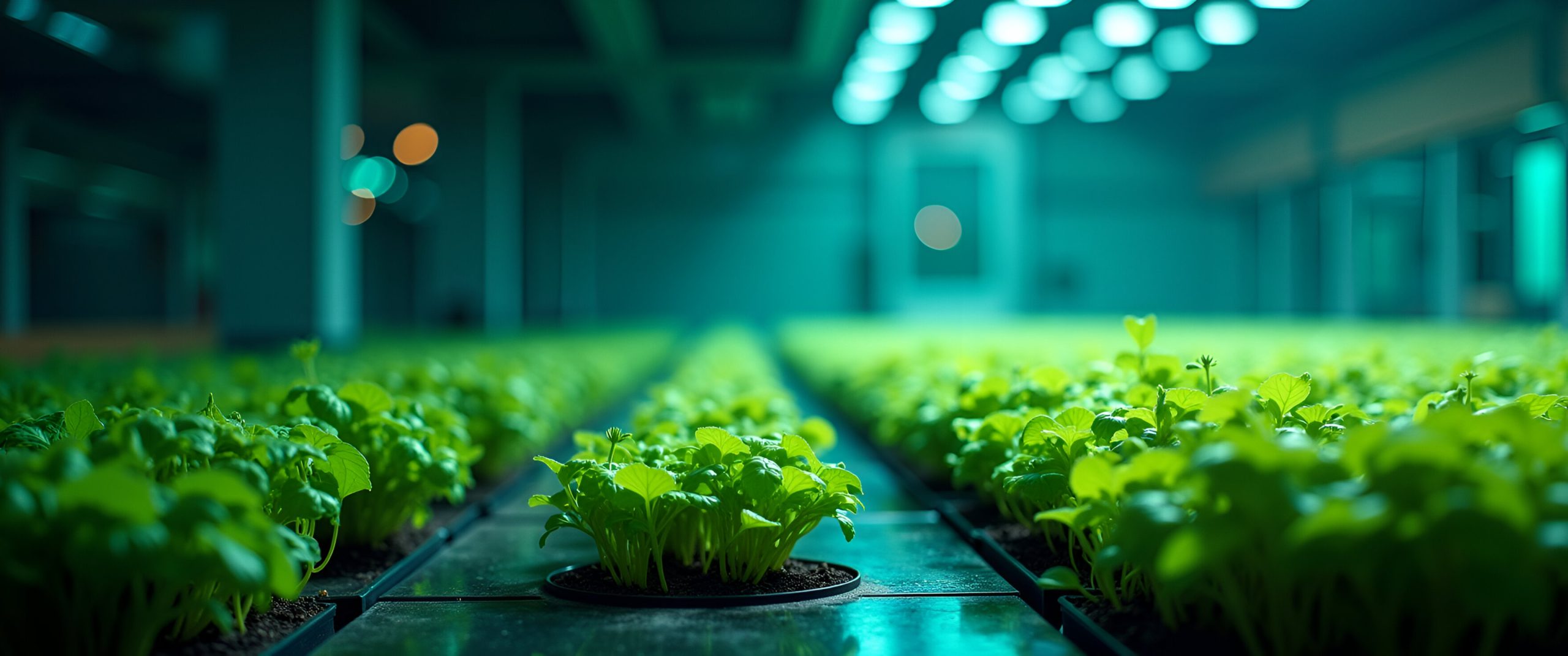
AI-generated summary
Teresa Alvariño, an alumna of the Akademia program, leads Cetaqua in Galicia, a pioneering Water Technology Centre collaborating with the University of Santiago de Compostela. Cetaqua operates under a triple helix innovation model, integrating administrations, universities, and companies to apply scientific knowledge toward sustainable water cycle management. Its mission aligns with the UN’s Sustainable Development Goal 6 (SDG6), focusing on ensuring sustainable water and sanitation, and also supports SDG13 on climate action. Teresa emphasizes how Akademia broadened her global innovation perspective, connecting academic research with real-world business challenges through its multidisciplinary and practical approach.
As manager of Cetaqua Galicia, Teresa oversees strategic initiatives promoting water sustainability and efficiency. Cetaqua integrates water, waste, and energy management to reduce environmental impact, exemplified by projects like Cigat-Biofactory, which transforms water treatment waste into energy and valuable chemical products. The center also employs artificial intelligence and Big Data to optimize water treatment operations, exemplified by the EDAR 360 project, which develops digital tools for wastewater treatment plant monitoring. Teresa encourages students interested in environmental fields to seize opportunities in public and private sectors driven by the green transition, highlighting universities, technology centers, and companies committed to sustainable development as key areas for innovation and career growth.
We interviewed Teresa Alvariño, alumnus of Akademia, who leads in Galicia Cetaqua, an intelligent water management project that seeks the sustainability of the water cycle, pursuing the UN SDG6.
We interviewed Teresa Alvariño, Akademia alum, who leads Cetaqua in Galicia, a smart water management project striving to attain water cycle sustainability, in pursuit of UN’s SDG6.
Teresa Alvariño, Akademia alum, is behind Cetaqua—a Water Technology Centre in Galicia, in collaboration with the University of Santiago de Compostela.
Cetaqua embodies a pioneering model of triple helix innovation, i.e. collaboration across administrations, universities, and companies. This model has consolidated as the European benchmark to apply scientific knowledge to the water cycle and the environment. Its mission is to anticipate the needs of society in order to propose new R&D solutions to ensure the sustainability and efficiency of the water cycle, taking into account local needs. In other words, it is fully aligned with Sustainable Development Goal 6 (SDG6): Ensure availability and sustainable management of water and sanitation for all, especially related to SDG13 on combating climate change.
In the interview, Teresa tells us what she is doing, what she learnt during her time in Akademia and she also shares some basics for those who want to dedicate themselves to the promising field of sustainable technologies:
After your time at Akademia, did it change the way you see innovation and how to carry it out?
The program gives you a global vision of innovation. Akademia enables you to think outside the box, stepping out of your comfort zone and seeing the world from other perspectives. During my participation in the Akademia program, I was collaborating in a research project at the university and the program helped me to connect this project and what we were developing with the reality of the business world.
What did you like most about the program? Why?
I would highlight three program strengths:
1. The participation of very multidisciplinary profiles, which enriches and stirs student debates.
1. The sessions with experts, which provide an entrepreneurial vision beyond what you see in college otherwise.
1. That it is a mainly practical program, which encourages interaction and collaborative learning.
What would you say to a student who is considering joining the program?
The program allows you to connect with the world of business and learn more about business needs. Then, you are in a position to help them overcome their challenges, from your perspective, in an innovative way. Akademia can help you hone your business skills and has an internship program that can open up new job opportunities.
What do you do at Cetaqua? What is your role as manager of Cetaqua in Galicia?
Cetaqua is a benchmark technology center to apply scientific knowledge to water and the environment. At Cetaqua, we work on innovation projects, focused on creating products and services to guarantee the sustainability and efficiency of the whole water cycle and the environment.
As manager of Cetaqua Galicia, I am in charge of the strategy and management of the center, as well as the promotion of growth initiatives.
Proper water management is a pillar of the fight against climate change, do you act in coordination with other areas such as energy or solid waste management?
Actions around resource management (water, waste and energy) must be integrated to reduce environmental impact. At Cetaqua we work on projects that promote urban-industrial symbiosis, studying the circularity of water, energy and waste flows, and seeking synergies between companies and public services to reduce the environmental footprint. Cetaqua Galicia has recently kicked off the Cigat-Biofactory project, in collaboration with Viaqua, whose focus was the generation of energy and high added value products for the chemical industry from the waste generated in the water purification processes.
Alper Utku, President of the European Leadership University and Future Trends Forum expert, told us that whatever profession we have, we must all become “data scientists”. How are artificial intelligence and Big Data applied to water issues?
The digitization of today’s water treatment plants is necessary for a more sustainable management and operation of the water cycle. Artificial intelligence and Big Data facilitate decision making in operations and drive efficiency. More specifically, the development of new artificial intelligence algorithms will enable progress in the control of the water cycle treatment process.
What is the EDAR 360 project? What is your role?
EDAR 360 is an innovation project committed to public-private partnership to develop digital solutions, in line with one of the strategic axes promoted by the European Union in wastewater treatment. Cetaqua is developing computer vision tools to monitor events in water treatment plants. Based on the data collected by these new tools, alarms will be programmed to help plant personnel make decisions.
EDAR 360: Galicia supports water digitization
Finally, we would like to ask you for some advice for students who want to dedicate themselves to environmental issues, regardless of their field of studies. Where are the opportunities? In what type of institutions or companies?
One of the main axes of growth in Europe and Spain is environmental sustainability. The green transition is bringing many job opportunities, both in public and private institutions. Knowledge centers, such as universities and technology centers, offer opportunities to innovate in this field, contributing to the transition in Europe. In the private sector, companies are adapting and aligning themselves with the United Nations Sustainable Development Goals. Protecting the planet is becoming one of their main focuses.
Thank you very much, Teresa!
You can watch more testimonials from other Akademia alumni here.



